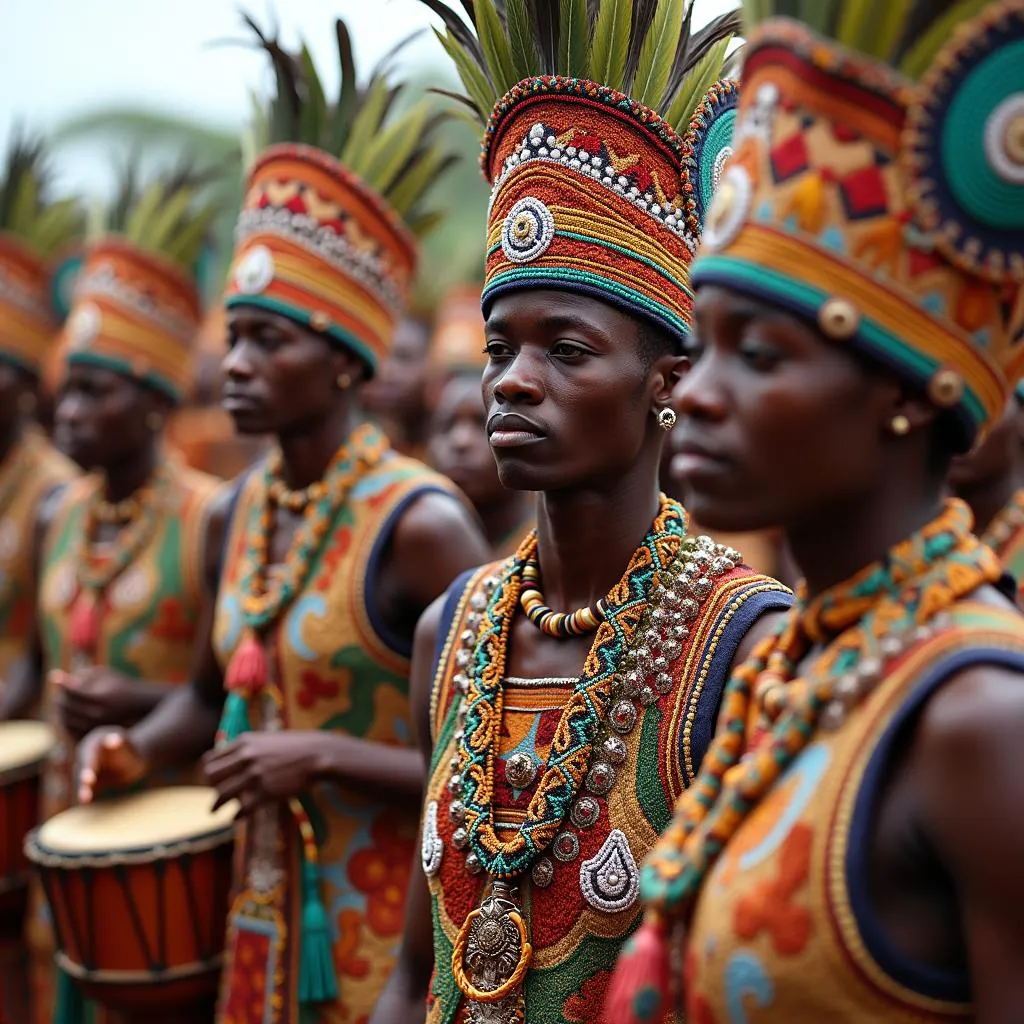The 19th Century African Methodist Episcopal Church and Voilet J. Harris: A Story of Faith and Journalism
The 19th-century African Methodist Episcopal (AME) Church played a crucial role in the lives of African Americans, providing not only spiritual guidance but also a platform for social and political activism. Within this vibrant community, individuals like Voilet J. Harris emerged, using the power of the press to amplify Black voices and advocate for change. Their contributions to journalism within the AME Church remain a vital part of African American history.
The Rise of the AME Church and Its Press
The AME Church, founded in the late 18th century, quickly became a cornerstone of Black life in America. It offered a space free from the discrimination faced in white-dominated churches and fostered a sense of community and empowerment. Crucially, the church also recognized the importance of communication and established its own newspapers. These publications became essential tools for disseminating information, sharing religious teachings, and, importantly, addressing social and political issues affecting the Black community.
Voilet J. Harris and Her Contributions
While information about Voilet J. Harris remains scarce, her association with the 19th-century AME Church’s newspaper highlights the significant role women played in shaping the church’s narrative and advocating for their community. Harris’s contributions, likely as a writer or editor, demonstrate the AME Church’s commitment to providing platforms for women’s voices. Her work, though largely undocumented, represents a critical piece of the puzzle in understanding the broader landscape of Black journalism during this era.
The Power of the AME Church Press
The AME Church’s newspapers served as more than just religious publications; they were powerful instruments for social change. They reported on issues like abolition, education, and voting rights, providing a counter-narrative to the mainstream press that often ignored or misrepresented Black perspectives. These publications helped galvanize the community, fostering a sense of shared identity and purpose.
Challenging the Status Quo
The AME Church’s commitment to social justice extended beyond its own congregations. The newspapers actively challenged discriminatory laws and practices, advocating for equal rights and opportunities for all. They played a vital role in shaping public opinion and pushing for legislative reforms.
The Legacy of the 19th Century AME Church Newspaper
The 19th-century AME Church newspaper laid the groundwork for a rich tradition of Black journalism. It established a model for community-based media that continues to thrive today. These publications played a crucial role in shaping the narrative of the Black experience and empowering communities to fight for their rights.
Uncovering Untold Stories
Researching figures like Voilet J. Harris is crucial to fully understanding the depth and breadth of contributions made by individuals within the AME Church. Their stories, often overlooked, offer valuable insights into the challenges and triumphs of Black Americans in the 19th century.
“The AME Church press was a lifeline for the Black community,” explains Dr. Anika Johnson, a historian specializing in African American religious history. “It provided a platform for voices that would otherwise have been silenced.”
Conclusion
The 19th century African Methodist Episcopal Church’s newspaper, with contributions from individuals like Voilet J. Harris, played a vital role in the struggle for social justice and equality. Their work exemplifies the power of the press to amplify marginalized voices and inspire positive change, leaving a lasting legacy for future generations.
FAQ
- What was the significance of the AME Church in the 19th century?
- How did the AME Church use its newspapers to advocate for social change?
- Who was Voilet J. Harris, and what was her role within the AME Church?
- What were some of the key issues addressed by the AME Church’s newspapers?
- How did the AME Church’s press contribute to the development of Black journalism?
- What challenges did the AME Church face in publishing its newspapers?
- Where can I find more information about the history of the AME Church and its press?
Need support? Contact us 24/7: Phone: +255768904061, Email: [email protected], or visit us at Mbarali DC Mawindi, Kangaga, Tanzania. We’re here to help!

